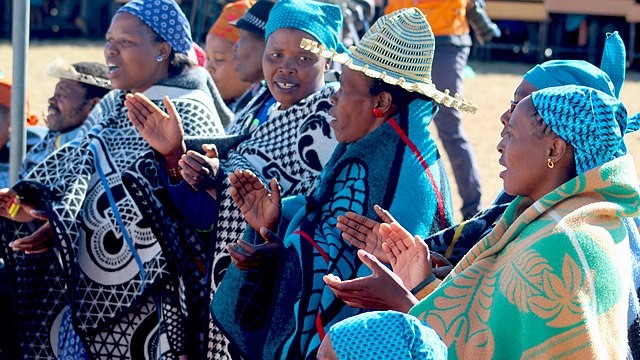Basotho! When you immerse yourself in the rich cultural heritage of Lesotho, you cannot overlook the vibrant tapestry of traditional music and dance that embodies the nation’s spirit. As you explore the rhythms and melodies, you will find that these forms of art are not merely entertainment; they serve as powerful expressions of national pride and identity.
The traditional music of the Basotho people is characterized by its unique instrumentation and vocal styles. Instruments such as the lesiba (a traditional string instrument), the percussion of drums, and the haunting tones of the moropa (a type of flute) create a mesmerizing soundscape that tells the stories of your ancestors. Each note resonates with history, wisdom, and the struggles and triumphs of a resilient people. When you listen to these songs, you may feel a deep connection to the land, the people, and the customs that are the foundation of your identity.
As you investigate deeper, you’ll discover that music is often accompanied by captivating dance forms. Traditional Basotho dances, like the mokorotlo dance, are not just physical expressions; they convey messages of unity, celebration, and even historical narratives. When you watch or participate in these dances, you participate in a rite of passage that transcends generations, linking you to the cultural legacy of your forebears. The movements are rhythmic and purposeful, showcasing your pride in your heritage while inviting you to express joy, sorrow, or even defiance through the dance.
During national celebrations and cultural festivals, traditional music and dance come alive, creating a spectacle that draws locals and tourists alike. You may find yourself captivated by the colorful costumes, intricate beadwork, and lively performances that fill the air with energy and excitement. This vibrant display not only showcases artistic talent but also reinforces your shared identity as Basotho, fostering a sense of community and belonging.
Moreover, traditional music and dance serve as a bridge between generations. As you participate in these cultural practices, you may find yourself learning valuable lessons from the elders, who often pass down stories and teachings through song and dance. This intergenerational transfer of knowledge strengthens your connections with family, friends, and the broader Basotho community. By engaging in these traditions, you help ensure that future generations will also appreciate and uphold your cultural values.
In today’s world, where globalization can sometimes dilute local cultures, the Basotho people stand firm in their commitment to preserving their cultural heritage. You can contribute to this preservation by supporting local artists and engaging in cultural activities that celebrate your traditions. Whether it is taking part in a festival, learning to play a traditional instrument, or joining a dance group, each action you take reinforces your commitment to honoring your roots.
All things considered, traditional Basotho music and dance are vital expressions of national pride that connect you to your identity, community, and history. As you embrace these traditions, you not only enrich your own life but also play a part in safeguarding the cultural legacy of the Basotho people for future generations.


